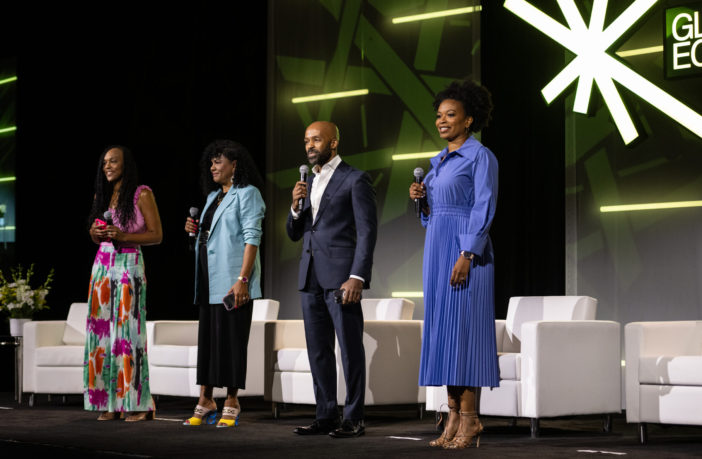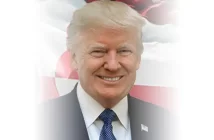By Chrisleen Herard,
Special to the AFRO
JPMorgan Chase recently held a ceremony at their regional headquarters in D.C. to celebrate Black Business Month and the new partnership of The Global Black Economic Forum and the National Minority Supplier Development (NMSD). This collaboration was formed to provide resources for historically underserved business owners and aims to challenge racially motivated financial disparities while simultaneously fostering wealth to last within minority communities for generations.
“It is not lost on me that we announced this partnership during the week that we are celebrating the 60th anniversary of the March on Washington,” said Alphonso Davis, CEO of the Global Black Economic Forum. “We have witnessed progress over the past 60 years, but we are nowhere near the mountaintop. We have the resources and imagination to transform what economic possibilities look like for Black people across the globe. But we have to act. If we mobilize to the fullest of our power, we can achieve unprecedented prosperity for everyone sooner rather than later. Partnerships like ours with NMSDC can make our community’s dream of prosperity, equity, and equality a reality.”
The GBEF is described to be an enterprise that believes “economic rights and human rights are inextricably linked.” With global summits, policy advocating, workplace training and leadership development, GBEF’s end goal is to promote and improve the overall economic well-being of the Black Diaspora.
Likewise, the NMSDC strives to drive socioeconomic equity and assist in closing the wealth gap by addressing and advocating for policy change, holding institutions accountable and providing training, coaching and resources to minority business employers.
Thus, with the unification of both companies who are in a fight to level the economic playing field, stakeholders and business owners expressed optimism during their regional reception last week that this partnership is what’s necessary to bring more minority employers into the country’s market and generational wealth to the minority communities.
“At this very moment, the work that we’re discussing today, the work of the GBEF and the NMSDC is really essential,” Davis said at the opening ceremony. “We need to provide greater assets and more resources to help minority-owned companies grow and thrive, and through this partnership we intend to do just that.”
History has shown that minority entrepreneurs and businesses have faced difficulty when trying to grow in the economy. Just during the recent global pandemic, statistics revealed that minority businesses disproportionately suffered the most losses after declining more than 40 percent in part due to lack of access to capital and issues obtaining loans from large banks.
“We know that we still have a long way to go,” said Ying Mcquire, NMSDC president and CEO. “Together, with other catalysts for change like GBEF, I truly believe we can address this disparity and build long-lasting generational wealth for not only Black women but all the minority communities we serve.”
Dr. Venessa Perry, gathered at the historic Bowen Building in northwest D.C. to witness the official announcement of the two enterprises.
“It was a great, historic moment to witness the signing,” Perry said. “The memorandum of understanding between the Global Black Economic Forum and the National Minority Supplier Development is truly a testament to the leadership of both organizations and the support they provide Black businesses, and I look forward to the outcome of the agreement and believe they will significantly impact the growth of Black businesses.”
Dr. Perry, whose business, The Perry Group, is a small, minority and veteran owned business, has endured disparities much like other business owners.
“With systematically excluded communities of color representing around 40 percent of the U.S. population, they still only represent around 1 percent of gross domestic product (GDP),” Lisa Morris, NMSDC vice president of strategic alliances, programs and events told the AFRO. “This is a far cry from equitable economic representation. A thriving and growing economy requires that these groups have an equitable share of the country’s wealth.”
The Institute of Policy Studies estimates that it would take over 200 years to close the racial wealth gap: An imbalance of economic equities that have resulted in disparities such as the loan rejections, extortionate interest rates and lack of resources that have caused both financial instability in Black communities and minority businesses to fail.
“My time at the ceremony was amazing,” entertainment journalist Langston Vincent, also known as “The Media Prince” on social media wrote to the AFRO. “So many Black and Brown people all in the room with the same drive of growth, wealth and expansion in Black businesses. I think what they are doing is not only needed in our communities, but it helps put a lot of Black businesses in position to be sought after and thriving.”



